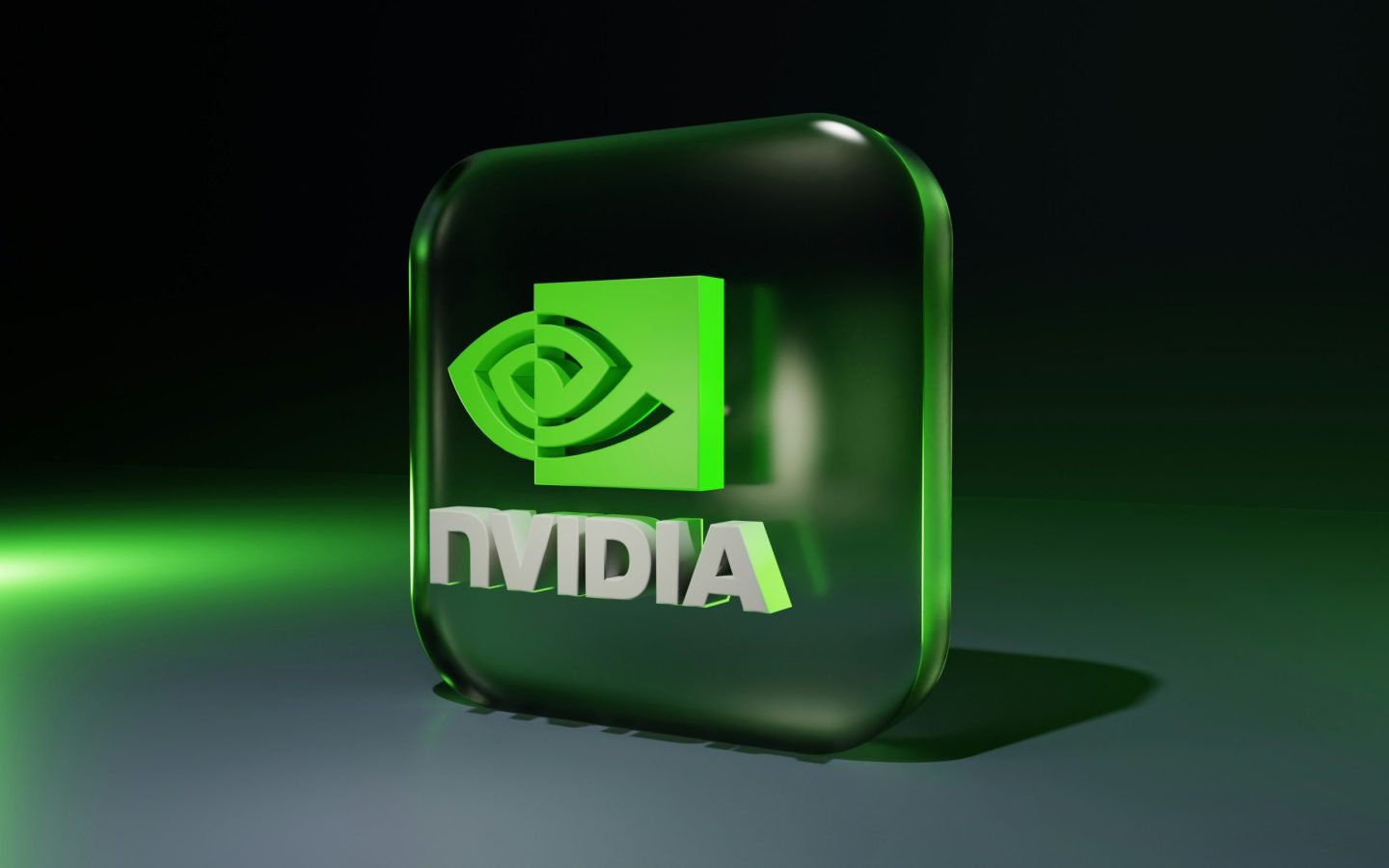Nvidia Prepares China-Specific AI Chips, Facing US Regulatory Scrutiny
Nvidia is reportedly developing a new AI chip designed for the Chinese market – potentially surpassing its current H20 model – based on its latest Blackwell architecture. Dubbed the B30A, this single-die chip is expected to offer roughly half the power of Nvidia’s flagship B300, while still boasting superior performance compared to the H20. This new model is poised to be a major player in China’s rapidly evolving AI sector. Initial sample shipments to Chinese customers are targeted for next month.
A Tightrope Walk Between Geopolitics and Innovation
The development comes amidst escalating US-China trade tensions over access to advanced AI technologies. While US President Donald Trump has hinted at potential approval for scaled-down next-generation Nvidia chips in China, the approval process remains uncertain. US officials are meticulously weighing concerns regarding the potential for Beijing to acquire sensitive AI technology.
Nvidia’s China strategy hinges on navigating these complexities. The company’s revenue in China accounts for a significant 13% of its earnings and, following restrictions imposed by US regulators in April, the company resumed sales of the H20 in July. The new chips will be designed with export regulations at the forefront. This includes a new, lower-powered model, tentatively named the RTX6000D. Designed with a slightly lower memory speed, just under the 1.4 terabyte-per-second limit, the RTX6000D is anticipated to be shipped to Chinese consumers in September.
Competing Against Local Rivals
In a statement, Nvidia emphasized its commitment to compliance with governmental regulations and highlighted its dedication to ensuring its offerings are solely for beneficial commercial use. US Commerce Secretary Howard Lutnick confirmed Jensen Huang’s direct engagement with the President concerning these chip approvals. The delicate balance between meeting Chinese market demand and reassuring export rules is a key factor in this development.
However, concerns persist in Washington that even these seemingly scaled-down versions of AI chips could still provide China with a significant competitive edge in crucial sectors. Nvidia’s competitors argue stricter controls on these chip sales would inevitably force Chinese users to rely on localized solutions, namely Huawei, a competitor who is developing competing hardware. China’s state media has, in response, raised security concerns regarding Nvidia’s chips, while Nvidia vehemently denies any security risks.
The Future of AI Chip Manufacturing in a Divided World
The development of these China-specific chips underscores the intricate interplay between technological advancement and geopolitical considerations. The outcome of this delicate negotiation will have far-reaching implications for the global AI landscape.
Key Keywords: Nvidia, AI chips, China, US-China trade, B30A, Blackwell architecture, RTX6000D, H20, export regulations, AI technology, geopolitical tensions, Huawei
Further Reading:
- [Link to Reuters article]
- [Link to other related articles/resources]
(Optional) Include a captivating image or infographic relevant to the topic.

